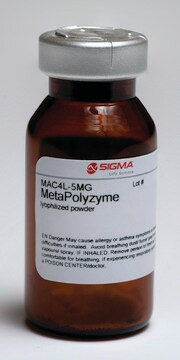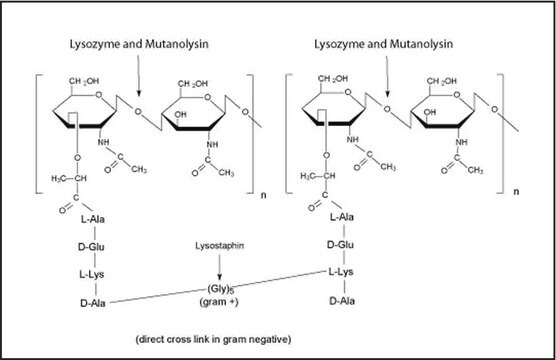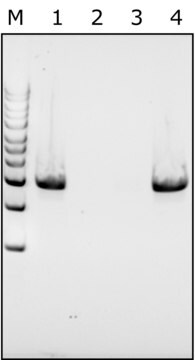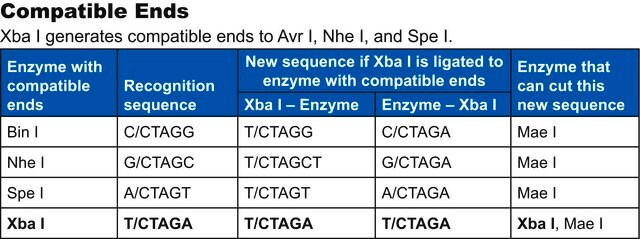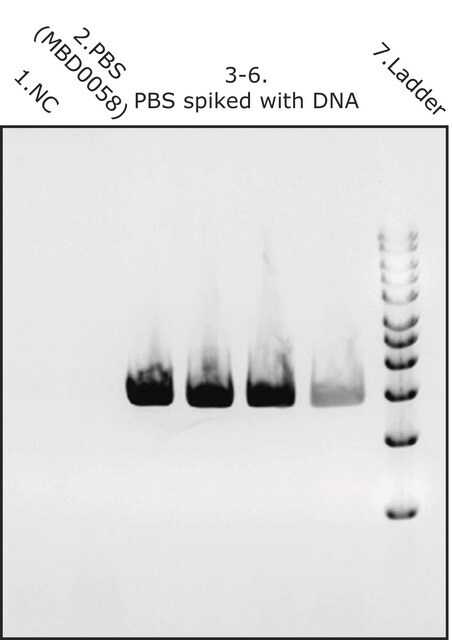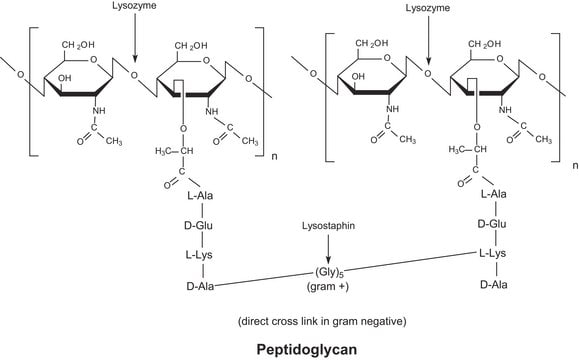おすすめの製品
詳細
Metagenomics analysis looks at all DNA that has been isolated directly from given single samples (e.g. environmental samples, biological organisms). Metagenomics allows for the investigation of microbes that exist in any environment (including extreme environments), and which have been historically difficult to isolate, culture, and study. Metagenomics has revealed the existence of novel microbial species. Applications of metagenomic studies include public health data analysis, discovery of novel proteins, enzymes and natural products, environmental studies, and agricultural investigations.
MetaPolyzyme products (MAC4L and MAC4LDF) are based on a multi-lytic enzyme mixture formulated for effective lysis of Microbiome samples from extreme environments. Originally developed by Scott Tighe for use in microbiome and DNA extraction efficiency studies, the products were evaluated and developed in consultation and collaboration with the Association of Biomolecular Resource Facilities (ABRF) Metagenomics and Microbiome Research Group (MMRG; formerly the Metagenomics Research Group, MGRG).1-4 Several publications have cited use of MetaPolyzyme.5-7
MetaPolyzyme products (MAC4L and MAC4LDF) are based on a multi-lytic enzyme mixture formulated for effective lysis of Microbiome samples from extreme environments. Originally developed by Scott Tighe for use in microbiome and DNA extraction efficiency studies, the products were evaluated and developed in consultation and collaboration with the Association of Biomolecular Resource Facilities (ABRF) Metagenomics and Microbiome Research Group (MMRG; formerly the Metagenomics Research Group, MGRG).1-4 Several publications have cited use of MetaPolyzyme.5-7
アプリケーション
Our experts have shown that using MetaPolyzyme, DNA free in a microbial study can increase final DNA concentration by approximately 2X, and increase the number of taxa identified. It is useful for low biomass samples for lysing cells without contributing to DNA background contamination. Learn more about the experiments and data by reviewing our technical article – MetaPolyzyme, DNA Free Cell Lysis Enzymes for Microbiome Workflows.
The study of microbial communities has been revolutionized in recent years by the widespread adoption of culture independent analytical techniques such as 16S rRNA gene sequencing and metagenomics. Since DNA contamination during sample preparation is a major problem of these sequence-based approaches, DNA extraction reagents free of DNA contaminants are essential. MetaPolyzyme, DNA free, undergoes strict quality control testing to ensure the absence of detectable levels of contaminating microbial DNA using 35 cycles PCR amplification of 16S and 18S rDNA using universal primer sets.
The need for DNA free reagents led to the development of MetaPolyzyme, DNA free, which is essential when there is a need to minimize microbial DNA contamination from reagents during microbiome studies.
The study of microbial communities has been revolutionized in recent years by the widespread adoption of culture independent analytical techniques such as 16S rRNA gene sequencing and metagenomics. Since DNA contamination during sample preparation is a major problem of these sequence-based approaches, DNA extraction reagents free of DNA contaminants are essential. MetaPolyzyme, DNA free, undergoes strict quality control testing to ensure the absence of detectable levels of contaminating microbial DNA using 35 cycles PCR amplification of 16S and 18S rDNA using universal primer sets.
The need for DNA free reagents led to the development of MetaPolyzyme, DNA free, which is essential when there is a need to minimize microbial DNA contamination from reagents during microbiome studies.
特徴および利点
Multi-lytic enzyme mixture designed for effective lysis of microbiome samples
DNA-free formulation minimizes contamination
Ideal for low biomass samples
Strict quality control testing ensures absence of detectable levels of contaminating microbial DNA
Increases final DNA concentration and number of taxa identified
DNA-free formulation minimizes contamination
Ideal for low biomass samples
Strict quality control testing ensures absence of detectable levels of contaminating microbial DNA
Increases final DNA concentration and number of taxa identified
構成
The enzymes in MetaPolzyme, DNA free are:
All the enzymes are individually tested for absence of contaminating microbial DNA using 16S and 18S PCR amplification
- Mutanolysin
- Achromopeptidase
- Chitinase
- Lyticase
- Lysostaphin
- Lysozyme
All the enzymes are individually tested for absence of contaminating microbial DNA using 16S and 18S PCR amplification
シグナルワード
Danger
危険有害性情報
危険有害性の分類
Resp. Sens. 1
保管分類コード
11 - Combustible Solids
WGK
WGK 3
引火点(°F)
Not applicable
引火点(℃)
Not applicable
適用法令
試験研究用途を考慮した関連法令を主に挙げております。化学物質以外については、一部の情報のみ提供しています。 製品を安全かつ合法的に使用することは、使用者の義務です。最新情報により修正される場合があります。WEBの反映には時間を要することがあるため、適宜SDSをご参照ください。
Jan Code
MAC4LDF-BULK:
MAC4LDF-1VL:
MAC4LDF-VAR:
MAC4LDF-5X1VL:
試験成績書(COA)
製品のロット番号・バッチ番号を入力して、試験成績書(COA) を検索できます。ロット番号・バッチ番号は、製品ラベルに「Lot」または「Batch」に続いて記載されています。
ライフサイエンス、有機合成、材料科学、クロマトグラフィー、分析など、あらゆる分野の研究に経験のあるメンバーがおります。.
製品に関するお問い合わせはこちら(テクニカルサービス)